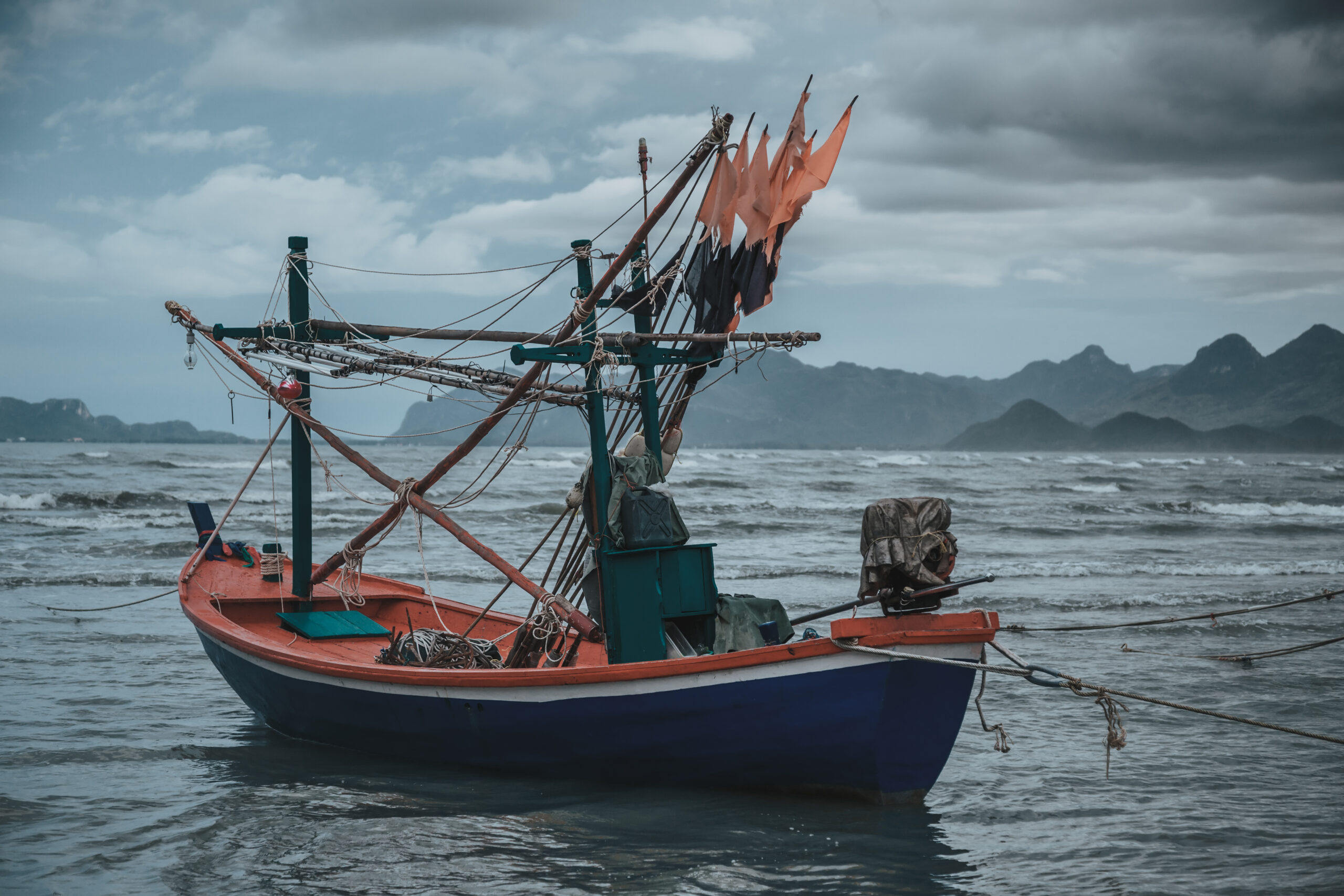KOTA KINABALU (ANN/THE STAR) – The Semporna Islands in Sabah are grappling with a significant fish bombing issue, having recorded over 600 incidents last year.
This situation has drawn sharp criticism from state leaders, who have characterised the problem as widespread and urgently requiring intervention.
Datuk Christina Liew, Sabah’s Minister for Tourism, Culture, and Environment, recently issued a strong call to action against this harmful fishing practice.
She underscored its detrimental effects on marine ecosystems, which are crucial to the the states’s natural heritage and tourism sector.
“I will bring the issue of persistent fish bombing activity in the Semporna area to the attention of the Sabah Fisheries Department,” she said in a statement.
Liew said there was no excuse for fish bombing and warned Sabah’s corals would be destroyed if the practice was not tackled effectively.
Destructive fishing is illegal and hurt not only the marine ecological system but also the state’s tourism industry, she said.

“The perpetrators of this crime must be apprehended and prosecuted as a deterrent,” she said.
“I will discuss the matter with the Sabah Fisheries Department and check the status of the Anti-Fish Bombing Committee that used to be active in tackling the problem of rampant fish bombing,” Liew added.
She was informed of these illegal activities following a courtesy call from Semporna Islands Project, a non-profit organisation led by UK Advisor Dr Liz Grimwade, recently.
During the courtesy call, Liew said she wanted the Semporna Islands Project to continue its collaboration with the Board of Trustees of Sabah Parks, on tackling fish bombing and coral reef conservation at the Tun Sakaran Marine Park.
Grimwade acknowledged it difficult to arrest fish bombers in the act because they escape quickly when they spot enforcement officials coming.
“Sometimes they bomb fish in the open sea and sometimes in shallow waters. This is bad for tourism and the environment because it destroys the habitat of marine life,” she said.
The Semporna Islands Project has adopted a sensor system run by Stop Fish Bombing (SFB) Malaysia, which the non-governmental organisation engages to monitor fish bombing in the area in question.
According to Grimwade, the sensors have identified 604 fish bombing in the Semporna area last year (2023).
“This figure highlights the prevalence of such destructive practice by fishermen. However, divers and community reports suggest that even more detonations go undetected, potentially outside the sensor range or coverage areas,” she said.
Meanwhile Semporna Islands Project communications manager Marina Aman Sham said the NGO was launched in 1998 in recognition of the huge value of the coral reefs and islands in the area.
Its vision is healthy reefs abounding with marine life, bringing benefits to everyone, she said.
“Yet, they face escalating threats from intensive and destructive fishing, pollution, coastal development, and climate change,” she said.
“Hence, our mission is to protect the outstanding natural features and biodiversity of the area, and at the same time, to promote sustainable use of resources, economic development, and traditional culture,” she said.


